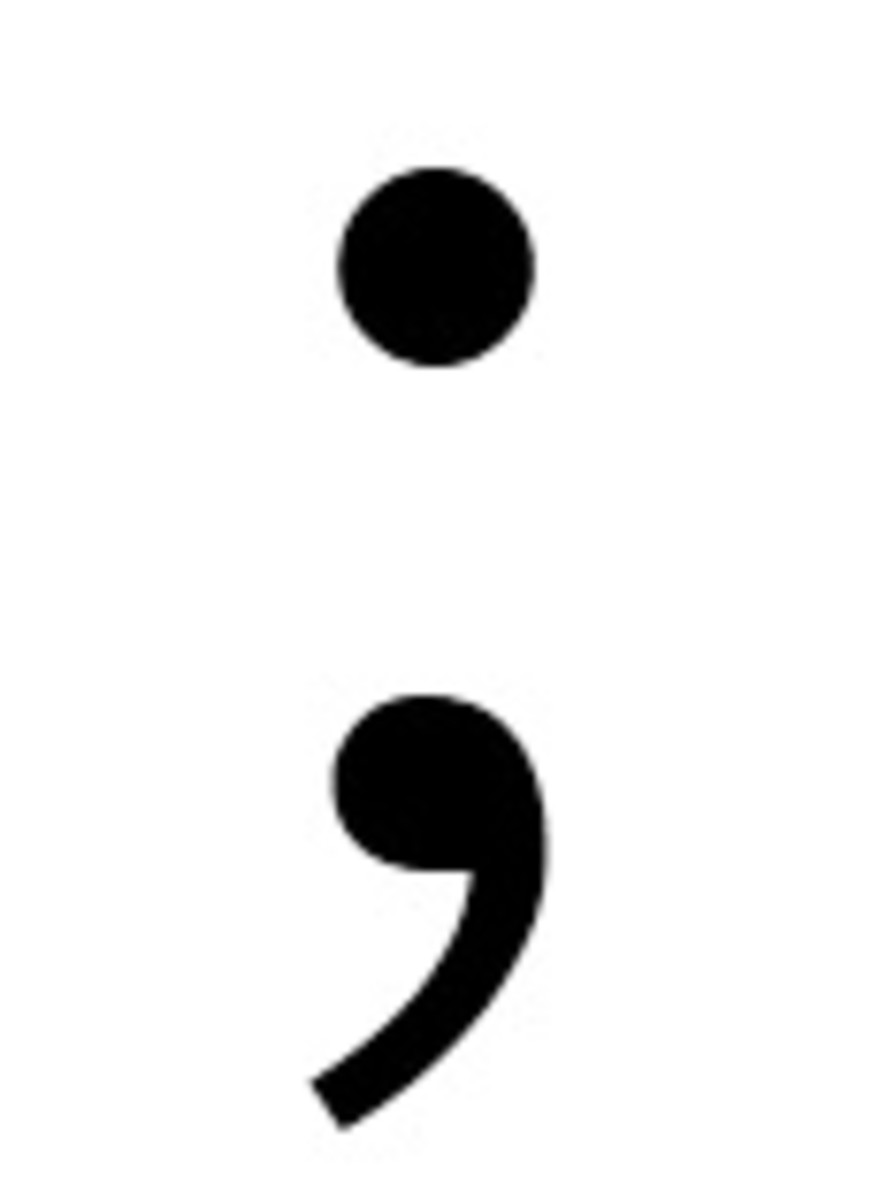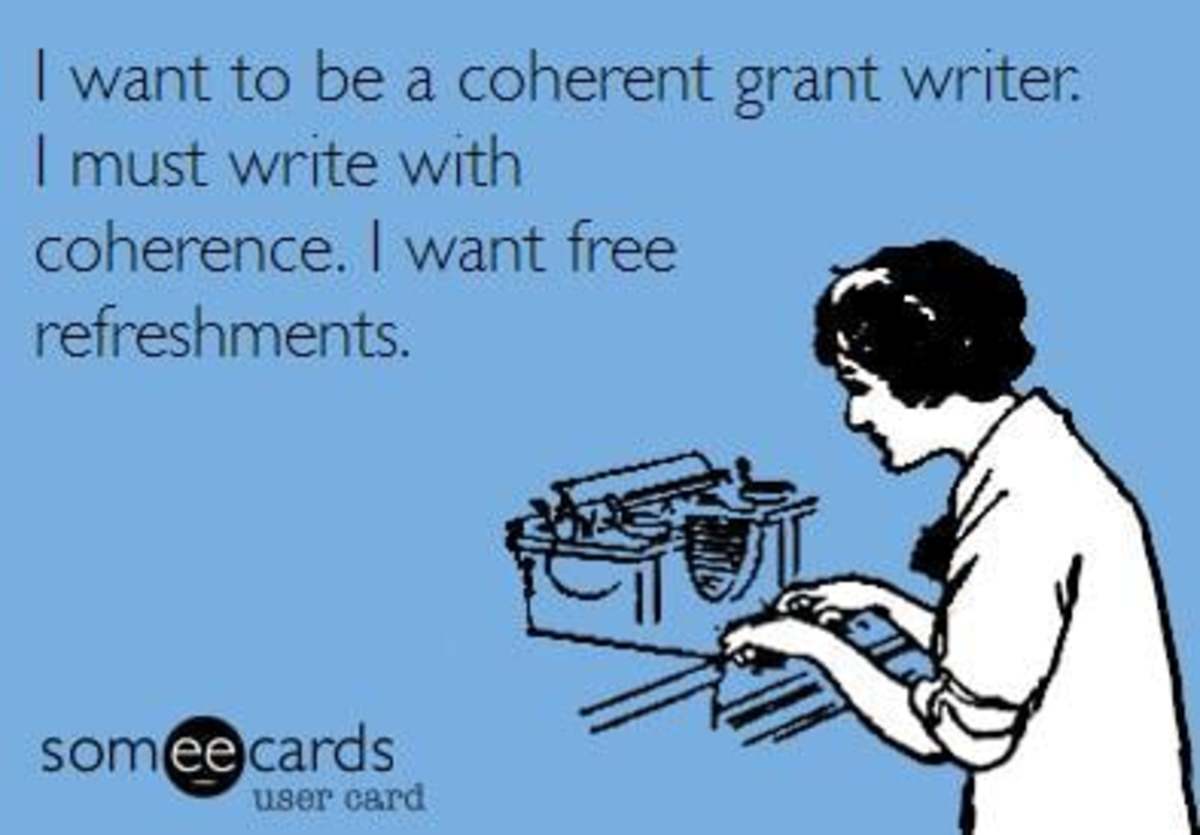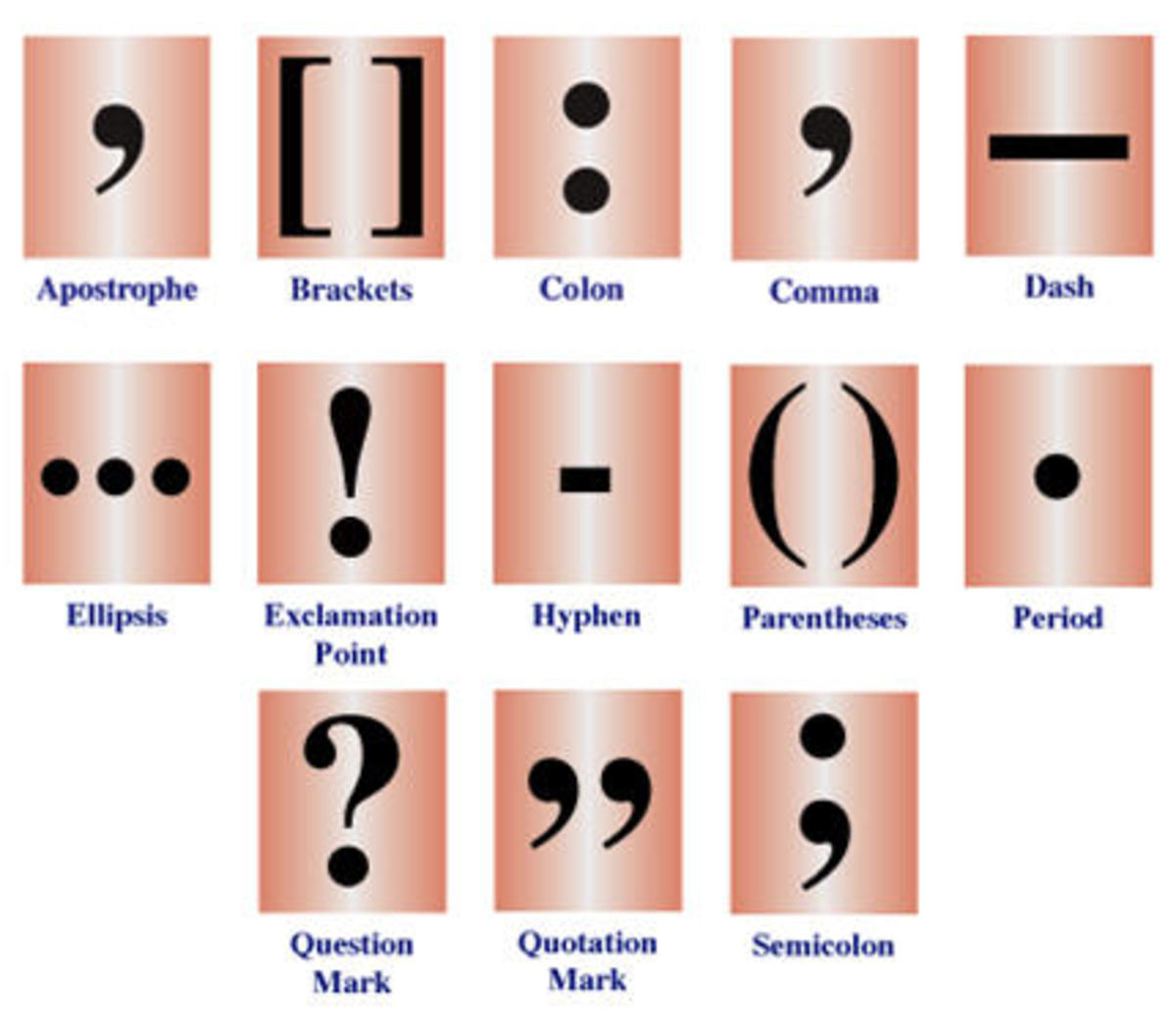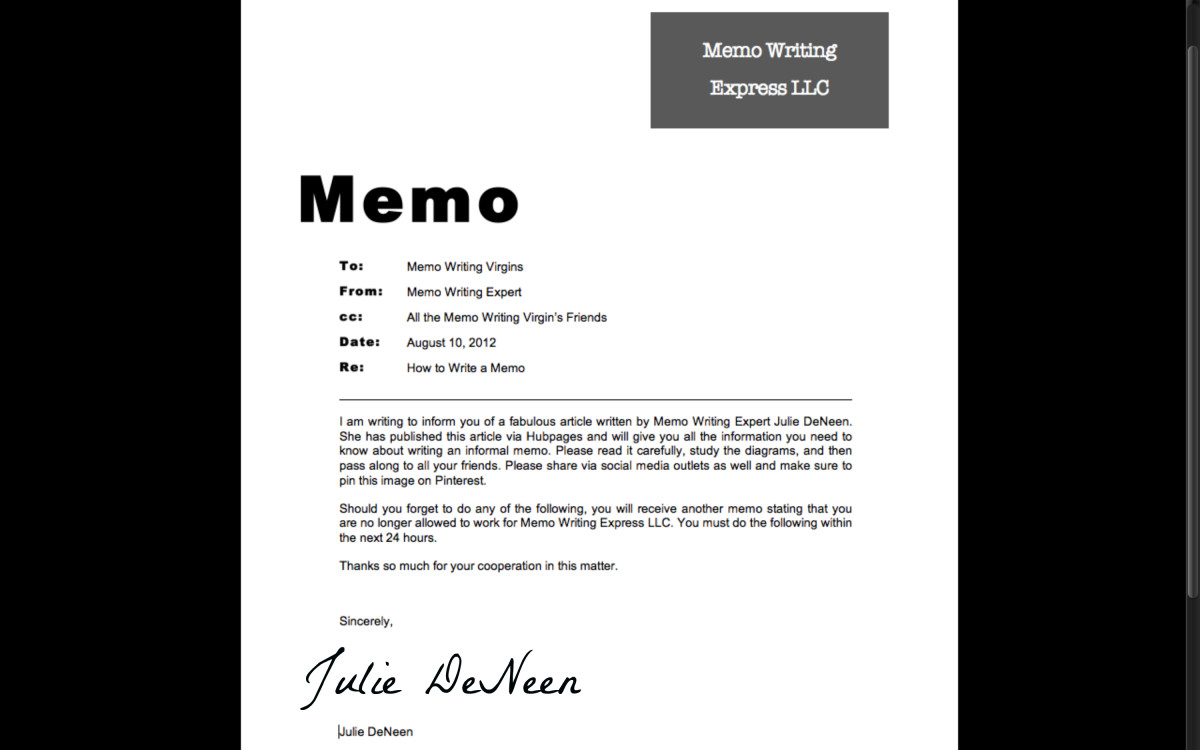Punctuation Block
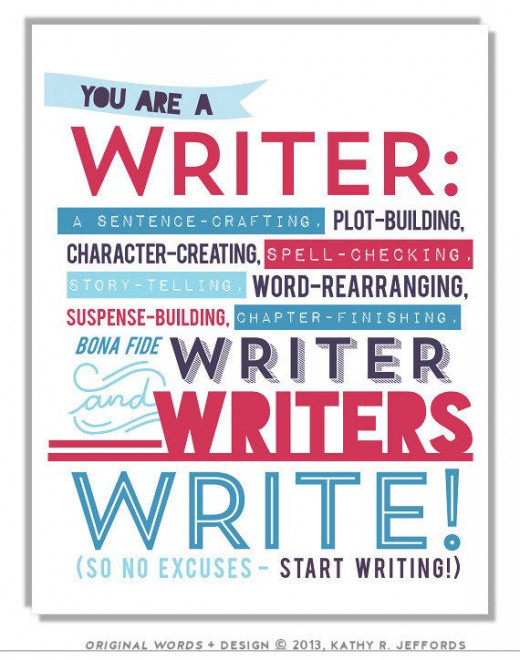
Have you ever had 'Punctuation Block'?
Basic Writing skills are important for anyone who uses sentences to make a living. Writers spanning all genres need to understand basic principles of grammar and punctuation. Journalists, novelists, publicists, and even bloggers, need to be able to put their thoughts into a cohesive and understandable format. Although basic writing is taught in every school in the country, understanding the rules governing how one writes are not necessarily taught.
When should you use a comma and not a semicolon? Should I stop this sentence and begin another? What is the colon used for really?
These are just a few of the basic writing skills one should know. So, tell me, have you ever had 'Punctuation Block?'
It's not only frustrating, but to a point, freightening, for anyone to put simple sentences together. You could probably compare it to stage freight. 'Oh crud, what do I do now?' Everything freezes up and nothing works properly. A cohesive thought, put down so anyone can understand it, even if it's a scientific equation, is more than freightening, it's daunting and challenging to many. DO NOT FEEL ALONE! So, we're going back to the basics, okay? I've said this before, but it's a good rule to know: The KISS method. KEEP IT SIMPLE STUDENT.
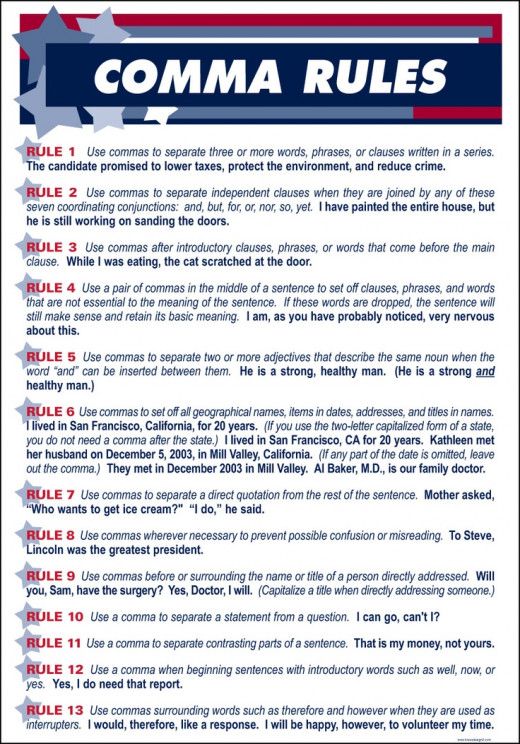
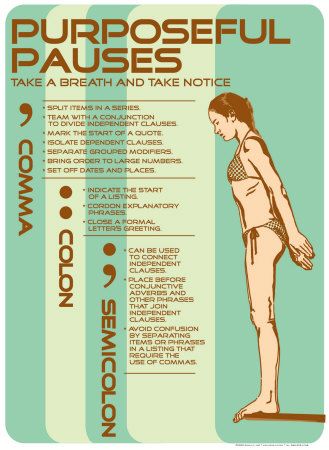
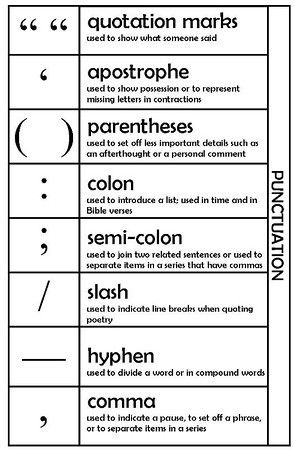
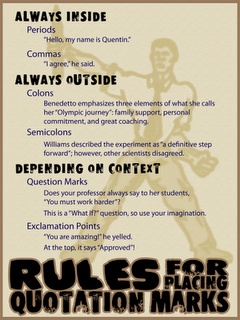
A few of the basics
Let's go over just a few of the basic punctuation marks.
PERIOD ( . )
QUESTION MARK ( ? )
EXCLAMATION POINT ( ! )
COMMA ( , )
SEMICOLON ( ; )
COLON ( : )
QUOTATION MARKS ( " " )
APOSTROPHE ( ' )
Remember, these are only the basic punctuation marks you need to know what to do with. Call it Punctuation 101.
There are a couple of things you need to know before writing: One is that if you're not sure, stop your thought with a period and begin another one. As the saying goes, "It's not rocket science." And the second is that when you write, and I'm talking about anything you write, be it stories, articles, blogs, etc., you need to write as if you're talking to a seventh grader. Please don't take that wrong, I don't want to insult anyone's intelligence by saying something like that, but if you compare the national average for reading skills across the country, it would be comparable to a seventh grader. And if you don't believe it, read any newspaper. Journalism is writing to the masses and the masses are made up of people who, even in this age, are lacking in reading skills. It's a hard truth most people don't want to admit. But in true journalism style, repetition and simple punctuation is the norm. But in the end, it is still a good lesson to learn. KEEP IT SIMPLE STUDENT.
Let's start at the top:
The Period. (.) One of the simplest to use and sometimes the hardest. The simplest because it stops a thought. The hardest because you have to ask yourself, When do I use it? Combining two sentences together can be done with a comma, or a semicolon. The main point is, if you aren't sure, use a period. It usually won't steer you wrong.
The Question Mark. (?) Pretty basic stuff here. When someone asks a question, use a question mark. Do you have a question? Or if you want to inquire about something; How do you do it? I think everyone gets the message, don't you?
The Exclamation Point. (!) This is a very powerful tool. You would use this one if you want to get your point across. Like: Now! It's like shouting to someone. Or pounding your fist on a desk to get someone's attention. The exclamation point can also convey excitement: Wow! Or even anger: What are you doing! Or even incredulity: What now! But, it can also get you into trouble with your writing. One of the worst things a lot of writers do, is put more than one after the shout, or comment, or emotion: Don't do that!!! The exclamation mark is telling the one reading, that you, as the writer, are emphatic about what is being said. That is it's function. There is no need to say it more than once. If you mean it, the reader will get the point. Just use one.
The Comma. (,) This is one of the simplest and hardest, like the period. The simplest is to put two thoughts together without stopping: The girl next door, Rhonda, is ill. But you can do it without commas as well. There is a girl who lives next door. Her name is Rhonda. But you can also use the comma to stop a thought, then continue with another that is related to the first, until you finish what you want to say. A flowing sentence with no breaks. A complex sentence structure. It is a very useful tool.
The Semicolon. (;) This isn't hard to understand, but it is hard to use at times. Just remember the semicolon is used to separate independent thoughts from the whole. Example: War is destructive; Peace, on the other hand, constructive. Two thoughts, one statement. It ties both to each other.
You can also use the semicolon when referring to names and places: The Chairman of the Board; Ralph Macho. The second chair; Ralph's son, Mitchell.
The Colon. (:) This is the simplest of the two. When you want to give an example: I've used this one already in this hub. Also in a letter: Dear Sir:. Even when you are counting. Two items were sold: a chair and table.
Quotation Marks. (" ") These are used after a person makes a statement or is saying something. John said "I have to go to town today."
The Apostrophe. (') This has several uses. It is used to contract or shorten two words. It is: It's. That is: that's. Do not: don't. And so on. You can also shorten dates and numbers. 1982: '82. Or, 3's, 4's, and 5's. Or to shorten the spelling of a number. Five's: 5's. But the most common practice is to make a word plural. John has a mustang.: John's mustang. Joe's, jury's, etc.
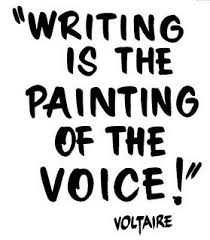
Basic Things
These are the very basic things to remember. Also; no one is perfect. Mistakes happen. You can probably look through this and spot a couple. I would hope not, but I wouldn't be surprised. So the last part of the lesson is to remind all of you that to do any writing, it takes time and patience. And sometimes a lot of proofreading.
To recap: If you aren't sure, stop the sentence or thought with a period. Take your time and think about what you want to say, and most importantly: Have fun!
Never stop learning and growing. Happy Writing!

